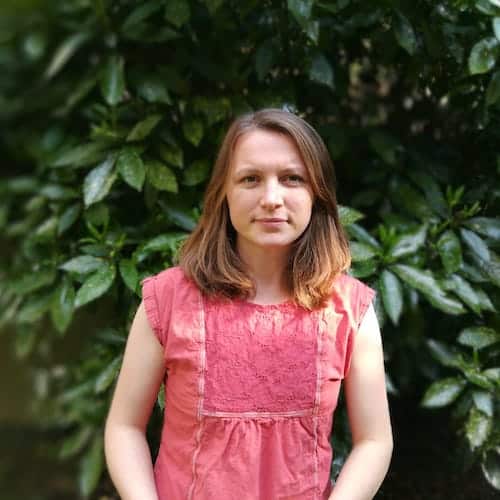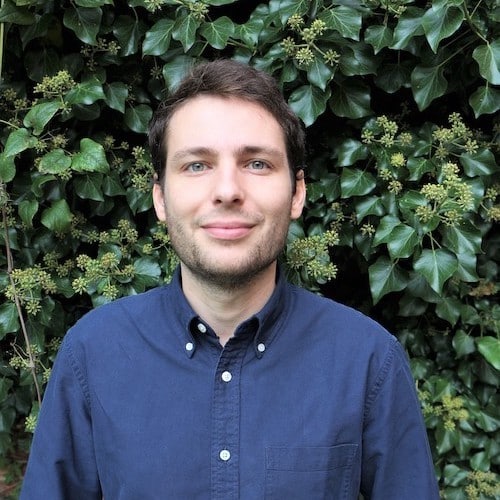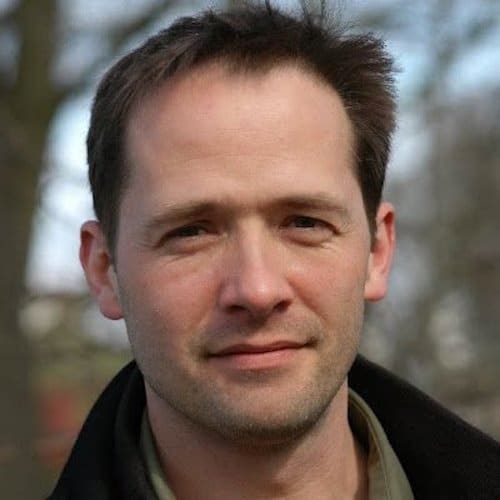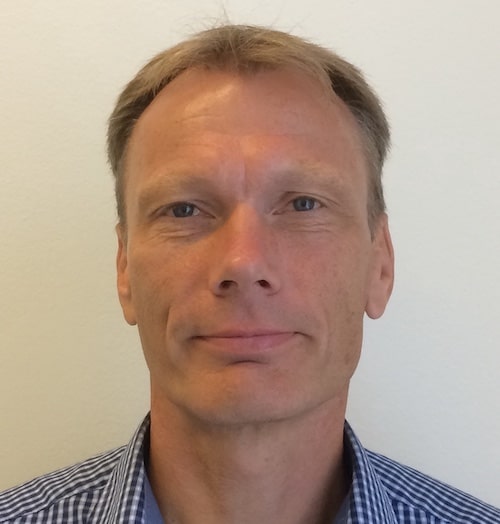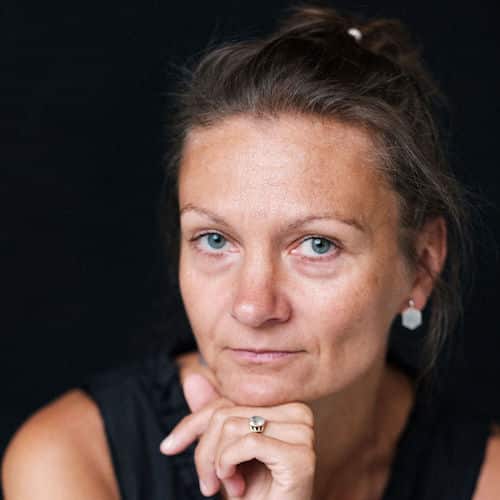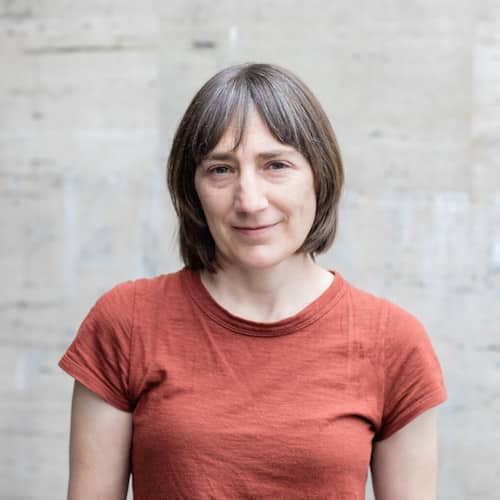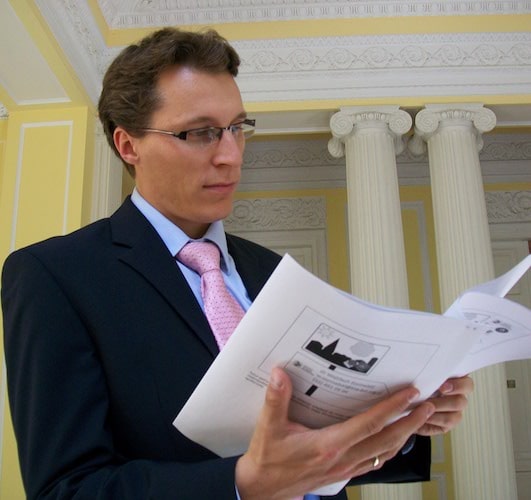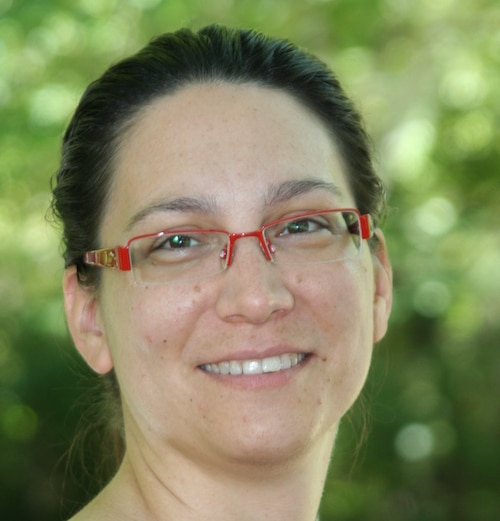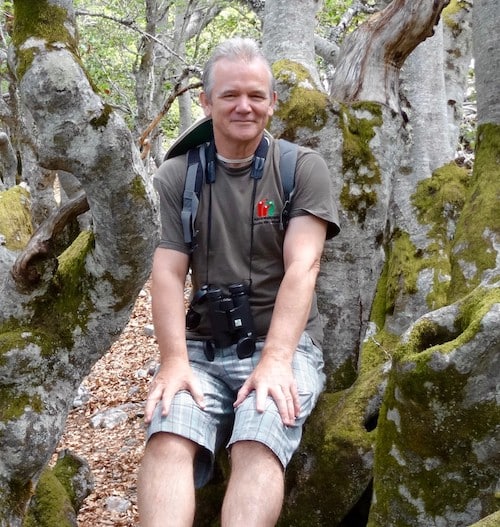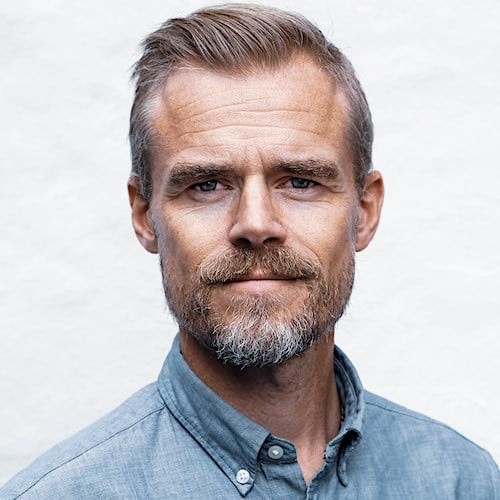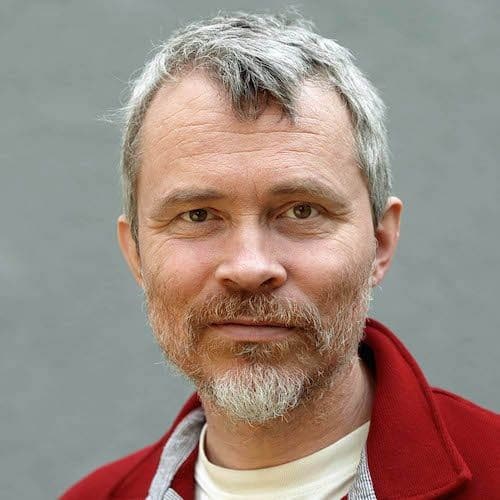We are
14 climate and environment NGOs based in thirteen European countries working together to put Europe on track for achieving a safe and stable climate for current and future generations. We are committed to push our governments to accelerate climate action in our countries and to keep them accountable for their actions.
September 2022
–
September 2025
We want
We believe that tackling dangerous climate change is everybody’s business and governments above all must lead the way in drastically accelerating climate action all over Europe in the next couple of years.
This year, EU countries will put forward their concrete climate and energy pathways for 2030 that should deeply transform our systems. These plans are called National Energy and Climate Plans (NECPs) and will cover the period 2021-2030. This gives us seven years to put Europe on track towards achieving climate neutrality.
There is no mystery whatsoever on how to get there. All the cards are in our hands and now it’s time to play our winning hand to secure the jackpot: ensure we all benefit from this transition, go for real emissions cuts, end the addiction to fossil fuels, supercharge the renewable revolution, stop wasting energy, protect nature, and push the fast-forward button.
As a rich economy and a major historic emitter, the EU should and can achieve emissions reductions of at least 65% by 2030 and net zero emissions by 2040.
We do
The upcoming National Energy and Climate Plans (NECPs) revision, taking place between 2023 and 2024, is a fundamental opportunity for EU Member States to set things right – to bring NECPs much closer to their real, transformative potential. We will monitor, assess, advocate and push for the right measures.
The LIFE TogetherFor1.5 project aims to align the EU’s climate action with the 1.5°C objective of the Paris Agreement, building on three climate and energy policy opportunities: the finalisation and implementation of the Fit for 55 legislative package and RePowerEU; the revision of National Energy and Climate Plans (NECPs); and the revision of the national Long-Term Strategies (LTS).
These EU and national level policy processes are major societal and economic transformation opportunities that can significantly accelerate the EU’s transition to climate neutrality, also thanks to the resources available via the EU funding instruments.

Bond Beter Leefmilieu unites 130 nature and environmental organisations and strengthens the voice of sustainable frontrunners in Flanders, Belgium. Our goal: to stimulate the transition to a society with a fully renewable, circular economy, where everyone lives well without harming the environment, nature or public health. To achieve this, we work with citizens, social organisations, companies and governments on feasible and innovative solutions.
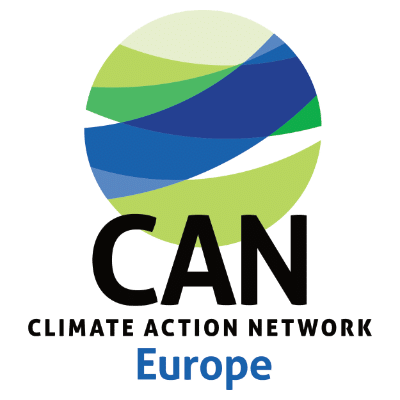
Climate Action Network (CAN) Europe is Europe’s leading NGO coalition fighting dangerous climate change, following scientific findings. With over 180 member organisations active in 38 European countries, representing over 1.500 NGOs and more than 47 million citizens, CAN Europe promotes sustainable climate, energy and development policies throughout Europe.
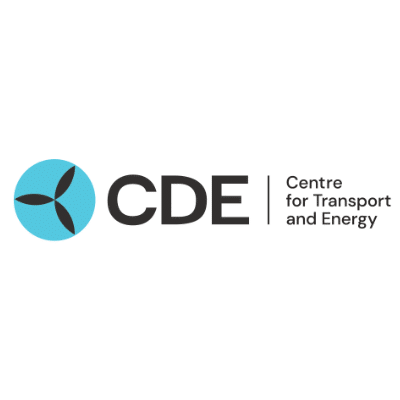
The Center for Transport and Energy (CDE) is a non-governmental organisation founded in 1998 that focuses on the climate impacts of transport and energy production. We see our goal as building and strengthening a broad platform of groups and individuals interested in pursuing a sustainable future.

The Danish 92 Group is a coalition of 25 Danish NGOs working on environment and development issues. The group was established in 1991 with the mandate of coordinating the Danish NGOs’ preparations for the United Nations’ Conference on Environment and Development (UNCED) in Rio de Janeiro, 1992. Today the Danish 92 Group is working on a variety of different issues related to sustainable development at both national and international level.

Society for Sustainable Development Design (DOOR) is an NGO devoted to the promotion of sustainable energy development. We have successfully implemented more than 100 projects with goals ranging from climate change mitigation, encouraging citizens’ participation in sustainable energy policy-making, improving education about RES and alleviating energy poverty.
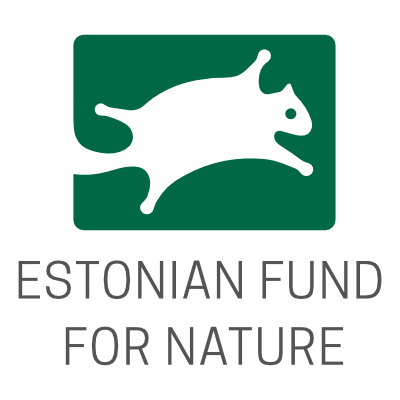
Estonian Fund for Nature (ELF) is a non-governmental organization dedicated to nature conservation. Our mission is to preserve endangered species and their habitats, natural landscapes and natural associations typical of Estonia. We promote the sustainable use of natural resources, raise environmental awareness in the society and seek solutions for preserving a clean environment for future generations.

Focus, Association for Sustainable Development is an independent, non-governmental, non-profit and apolitical association of individuals. Focus is committed to promoting comprehensive socioeconomic changes towards a decent life within planetary boundaries. We fulfil our mission through research, awareness-raising, advocacy, and participation in policy-making processes. Our work focuses on the following areas: climate change, energy, sustainable mobility, global responsibility, ethical consumption and degrowth.

Germanwatch e.V: is an independent, non-profit organisation founded in 1991. It actively promotes
global equity, the respect of human rights and livelihood preservation, with a focus on the politics and economics of the Global North and their worldwide consequences. The situation of marginalised people in the Global South is the starting point for Germanwatch’s work. The organisation advocates for sustainable development.

Institute for Sustainable Development Foundation works on sustainable and climate policy on national, regional, and local level in Poland. The organisation prepares strategic documents and programmes, prepares and leads education campaigns, engages in consultation and public participation processes. Part of the work is also advocacy on sustainability and active climate change policy. The organisation makes strategic environmental impact assessments and provides environmental expertise to business and local authorities.

The National Society of Conservationists – Friends of the Earth Hungary (MTVSZ, FoE HU) is a national grassroots non-governmental campaigning umbrella organisation with more than 100 member associations across Hungary with 30,000 members. Its mission is the comprehensive protection of nature, as well as the promotion of sustainable development. MTVSZ strives to draw attention to the drivers of environmental problems mainly in relation to climate and energy policy, nature protection, economic justice, food and agriculture.
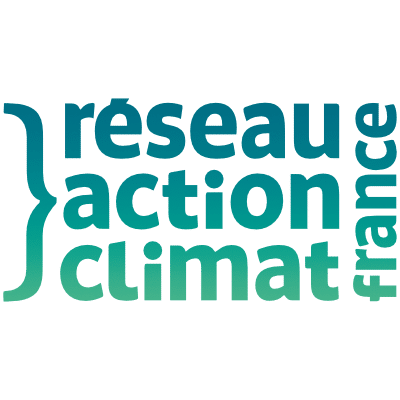
The Climate Action Network France, a federation of 37 national and local associations, fights against the causes of climate change, from the international to the local level. It is the French representative of the Climate Action Network International. It covers all sectors responsible for climate change: transportation, energy production, agriculture and food, housing, and works to develop alternative and ambitious measures to fight against climate change and its impacts.

SEO/BirdLife is a scientific and conservationist association devoted to the study and conservation of birds and nature, with nearly 70 years of continuous activity. Through its Environmental Governance Unit, SEO/BirdLife monitors and where necessary calls for change in the legislation and governance for biodiversity, energy and climate issues at international, EU, national and regional level. Today, over 22,000 members support our work and contribute in different ways to the association.

VedvarendeEnergi (SustainableEnergy) is a politically independent and membership-based organisation working in Denmark and internationally for a sustainable world. It has worked since 1975 for the transition of Denmark to renewable energy and lower resource use with public involvement and local solutions. This includes following national and EU policies, promoting local energy communities, circular economy, local repair shops and other.

Za Zemiata (For the Earth) is a Bulgarian environmental organisation, registered in 1995, determined to work for sustainable life on our planet and to combat exploitation of people and nature. Za Zemiata strives for an outward-oriented policy and activities of environmental protection and restoration, carried out in co-operation with volunteers and Bulgarian and international NGOs in the fields of energy and climate, air, zero waste, economic justice, food and agriculture.

ZERO is an environmental NGO that aims to defend sustainability values, and to uphold the balance between environment, society and economy in order to build a more cohesive world, socially and economically, respecting the natural planetary boundaries.


